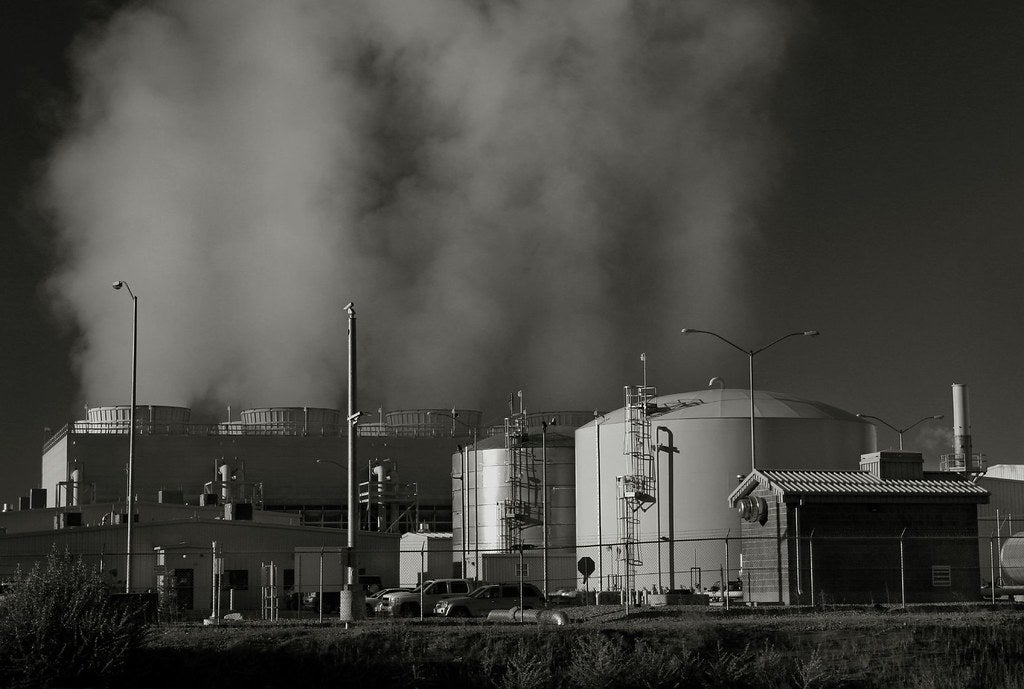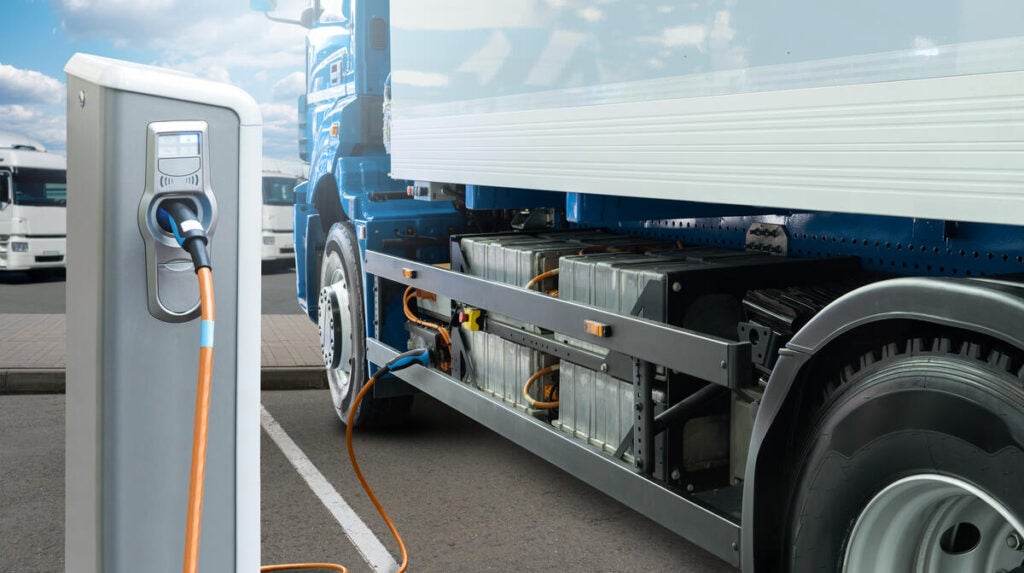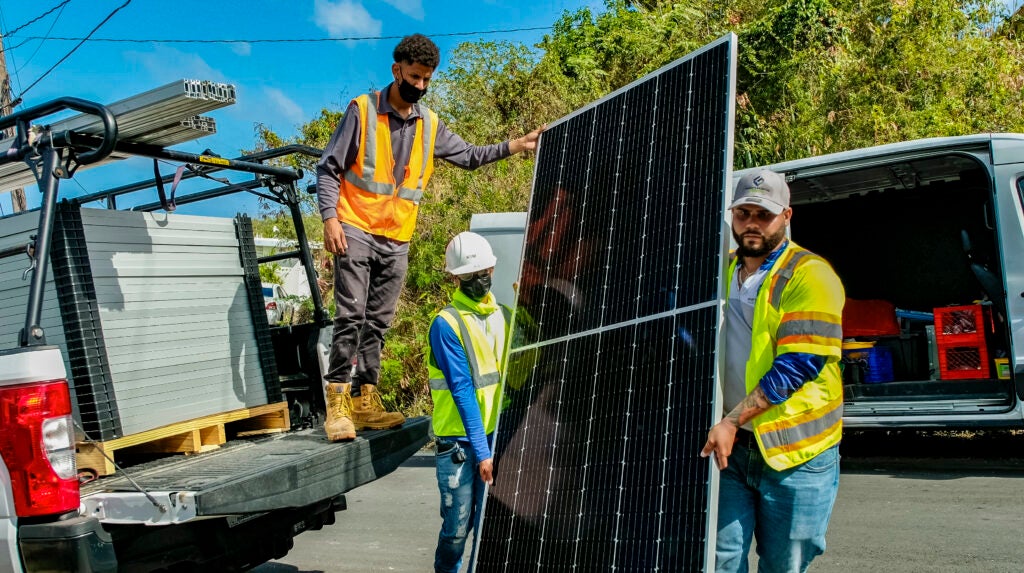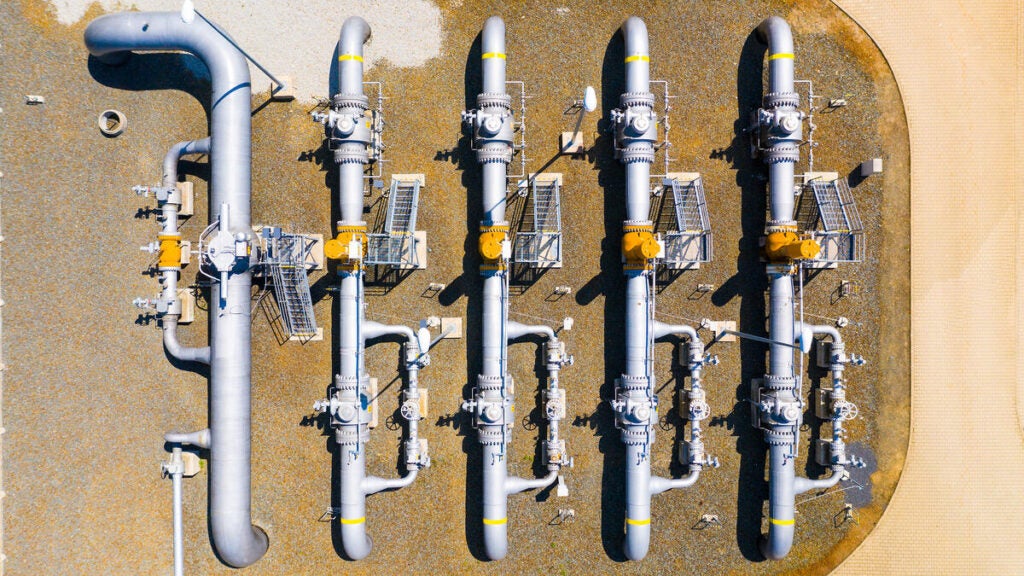Two high profile studies released this week by the National Petroleum Council paint a portrait of an industry asserting a positive role in the energy transition but struggling to act on what good science demands of it.
The studies — one on natural gas, the other on hydrogen — were produced at the request of Energy Secretary Jennifer Granholm, who is looking to better understand how and under what circumstances those resources can play a constructive role in the energy transition, a strategic and economic imperative for the United States.
Created by President Harry Truman to advise the executive branch on critical energy issues, the NPC has provided successive administrations with analysis-backed recommendations on how to structure and manage U.S energy policy to advance the national interest. Read More





